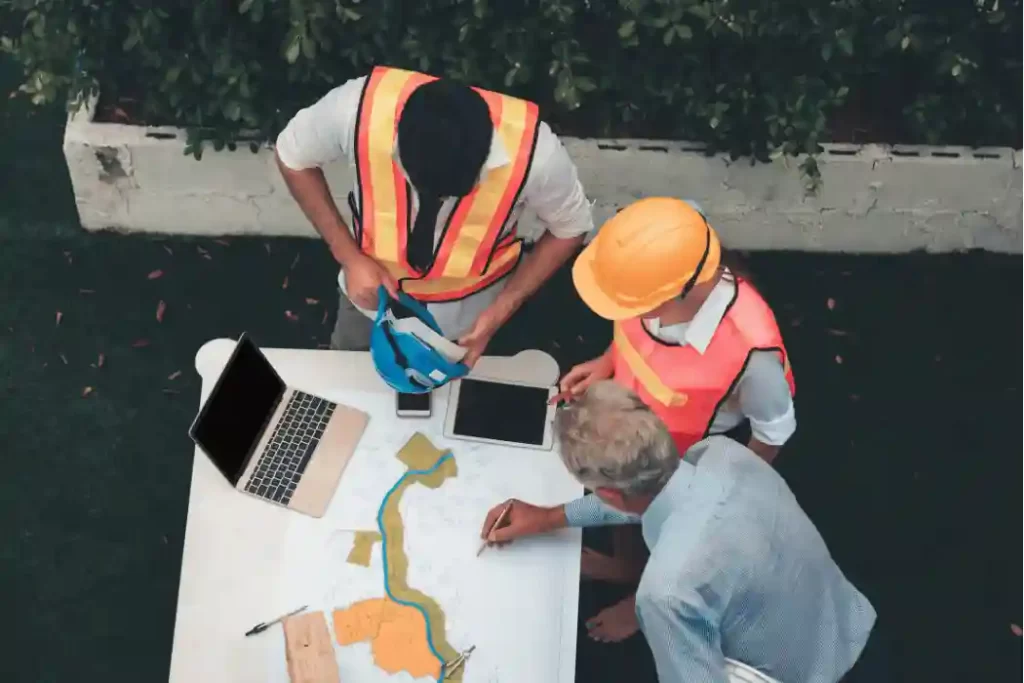Building a home is a significant undertaking that requires careful planning and execution to ensure a successful outcome. Whether you’re building your dream home or a vacation house, there are several things to consider when planning your home construction project. In this article, we’ll discuss ten essential tips that can help you plan and execute your home construction project successfully.
Set a Realistic Budget
- One of the most critical factors in planning your home construction project is setting a realistic budget. You must establish a budget that will cover all your expenses, including materials, labor costs, permits, and other expenses. Ensure you work with your contractor or builder to come up with an accurate estimate of the project’s total cost. This will help you avoid surprises and ensure you’re financially prepared for the entire construction process.
Choose the Right Location
- The location of your home is another crucial factor to consider when planning your construction project. Ensure you select a location that suits your needs and lifestyle. Consider factors such as proximity to schools, shopping centers, and other amenities, as well as accessibility to transportation and job opportunities.
Hire an Experienced Contractor
- Hiring an experienced contractor is crucial to the success of your home construction project. Ensure you research and vet potential contractors before selecting one. Check their references, credentials, and licensing to ensure they’re qualified to handle your project. Also, ensure you have a clear understanding of their fees, timeline, and responsibilities.
Obtain the Necessary Permits
- Before you start your home construction project, ensure you obtain all the necessary permits and approvals. Different municipalities have different building codes and zoning regulations, so it’s essential to ensure you comply with all the requirements. Working with an experienced contractor can help you navigate the permitting process and avoid delays and fines. The construction project involved a comprehensive home renovation, encompassing structural enhancements, interior remodeling, and the addition of a spacious backyard deck.

Design Your Home with Functionality in Mind
- Designing your home with functionality in mind is crucial to ensure you create a living space that meets your needs and lifestyle. Consider factors such as the size and layout of the rooms, storage spaces, and accessibility features such as ramps and wider doorways. This will help ensure your home is comfortable and functional for years to come.
Choose the Right Materials
- Selecting the right materials is crucial to the success of your home construction project. Ensure you choose materials that are durable, energy-efficient, and cost-effective. Consider factors such as climate, location, and your budget when selecting materials.
Consider Energy Efficiency
- Energy efficiency is another essential factor to consider when planning your home construction project. Ensure you select energy-efficient appliances, lighting, and HVAC systems to reduce your energy bills and carbon footprint. You can also incorporate renewable energy sources such as solar panels and wind turbines to further reduce your energy costs.
Plan for Future Upgrades and Maintenance
- Planning for future upgrades and maintenance is crucial to ensure your home remains functional and comfortable for years to come. Ensure you allocate a budget for routine maintenance and plan for future upgrades such as remodeling or adding new features such as a pool or outdoor kitchen.
Allocate Adequate Time for the Construction Process
- Allocating adequate time for the construction process is crucial to ensure your project stays on track and is completed on time. Ensure you work with your contractor to develop a realistic timeline that considers potential delays and setbacks. Also, ensure you have a contingency plan in place in case unexpected delays occur.
Communicate Effectively with Your Contractor
- Effective communication with your contractor is crucial to the success of your home construction project. Ensure you establish clear communication channels and provide regular updates on the project’s progress. Also, ensure you’re available to answer any questions or concerns your contractor may have.
Conclusion
Planning a home construction project requires careful consideration and attention to detail. The ten essential tips provided serve as a valuable guide to ensure a successful and satisfying outcome. By defining goals, setting a realistic budget, hiring competent professionals, obtaining necessary permits, developing a detailed timeline, communicating effectively, prioritizing quality materials, monitoring progress, remaining adaptable, and maintaining good relations with neighbors, homeowners can navigate the complexities of construction with confidence. Following these tips will not only help create a structurally sound and aesthetically pleasing home but also minimize setbacks and maximize the overall experience. Remember, a well-planned project sets the foundation for a dream home that will be enjoyed for years to come.

